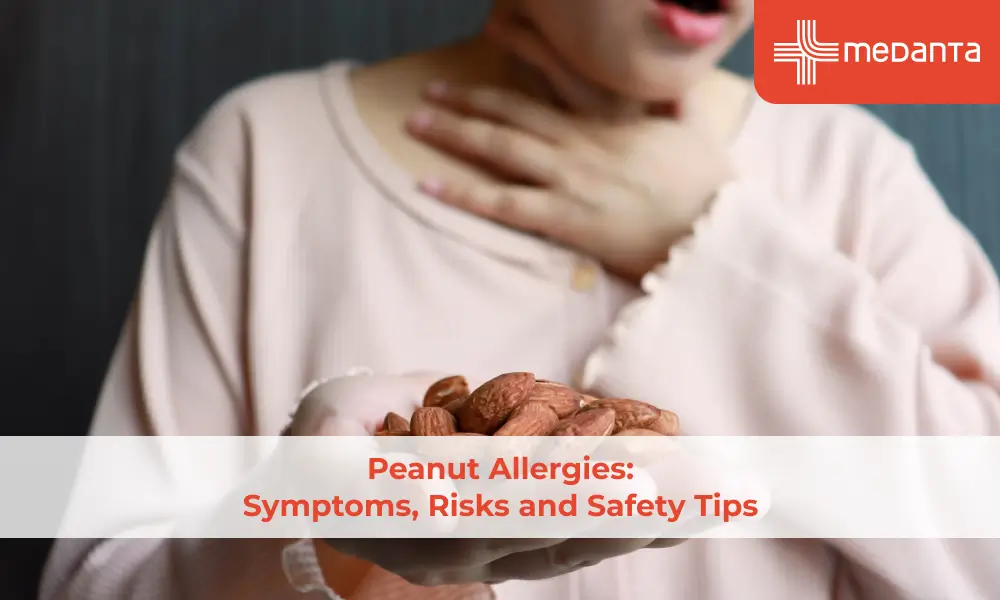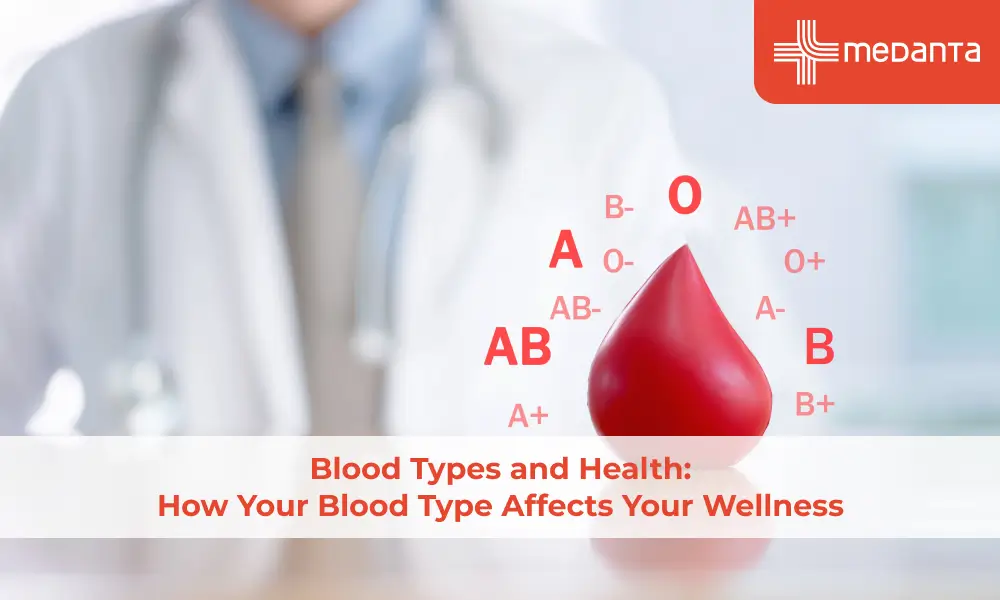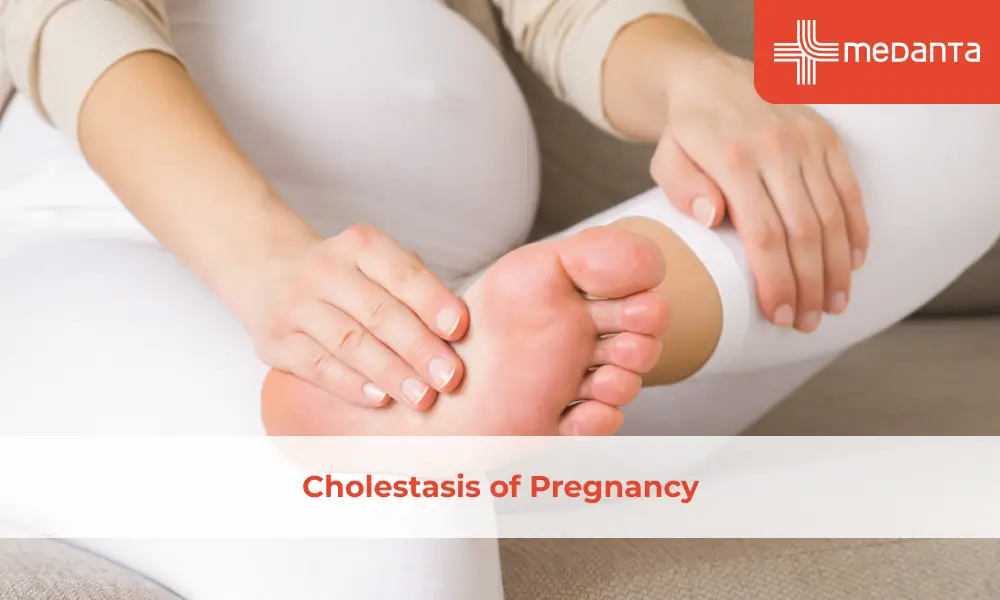How to Give First Aid for Dog Bites and Avoid the Risk of Infection?
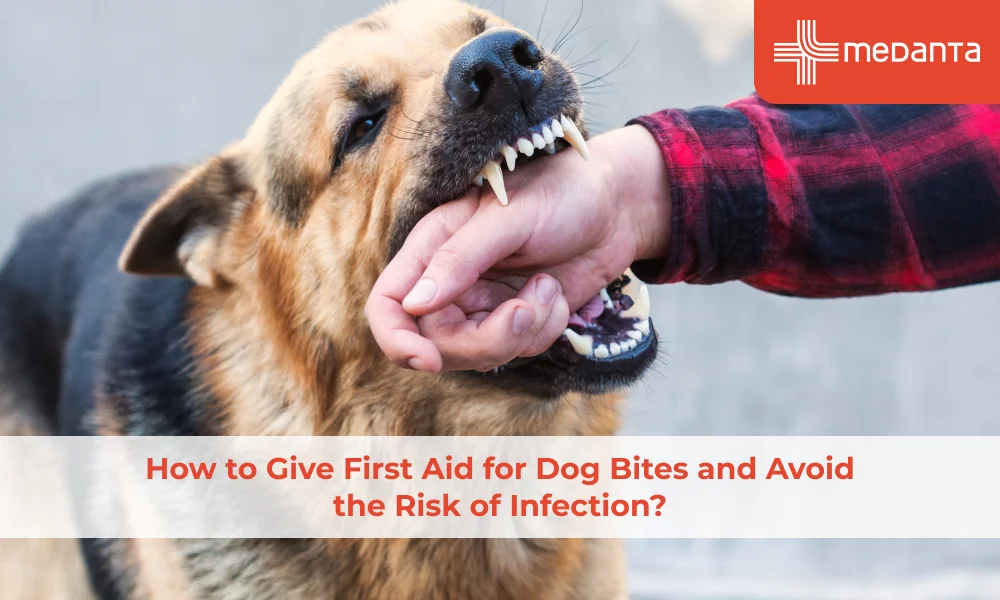
TABLE OF CONTENTS
Dog bites can be a terrifying experience for children and adults alike. If you or someone infront of you gets bitten by a dog, call an ambulance right away and then administer first aid to treat the wound and lower the danger of infection! However, before you administer first aid for dog bites, you need to know how to do it the right way. This blog will discuss how to administer first aid for dog bites and much more!
How to Give First Aid for Dog Bites?
Here are the first aid steps for a dog bite:
Wash your hands - Before handling the dog bite wound, properly wash your hands with soap and water.
Wash the area - Use soap and warm water to clean the wound for around five minutes and remove the dust and the dog’s saliva. After that, rinse well for approximately three minutes to remove the soap from the wounded area.
Cover the wound - Apply an antibiotic ointment and cover the area with a fresh sterilized gauge or bandage.
Use a cold pack or medicines - Use a cold pack to reduce swelling and pain or take pain medications like paracetamol or an antihistamine.
However, if the wound is deep and bleeding continuously, seek medical care immediately,
Seek medical care if:
The bite broke or punctured the skin
The site is on a child's face, hand, or foot
You're concerned about the bite
Make sure you visit a doctor within eight hours, even if the bite is not serious to ensure that there are no infections!
Compared to adults, children are bitten more frequently and are more likely to have serious injuries. Statistics show that a dog usually bites someone on their hands, face, neck, or head because these are the most exposed body parts.
What Can Happen If a Dog Bites You?
Dog bites can result in various issues, injuries, and infections. Here’s what can happen:
Infection
Dog bites have a significant risk of infection because dog saliva and teeth spread pathogens. A dog's saliva can contain bacteria, including Pasteurella, Staphylococcus, Capnocytophaga and even MRSA (methicillin-resistant Staphylococcus aureus). If you get bit by a dog and the bite tears your skin, these microorganisms might cause bacterial infections. Individuals with diabetes or compromised immune systems are even more susceptible to infection.
Shattered bones
When large dogs bite people, their bones can break, splinter, or get fractured. Seek emergency care immediately if you think you may have fractured a bone.
Rabies
Rabies is a dangerous virus that targets the central nervous system and can become lethal within a few days of infection if left untreated. If a dog bites you and you know they are not vaccinated against rabies, go to your nearest hospital right away.
Tetanus
Tetanus infections from dog bites are very common. Hence, it is always recommended that adults get a tetanus vaccination every ten years.
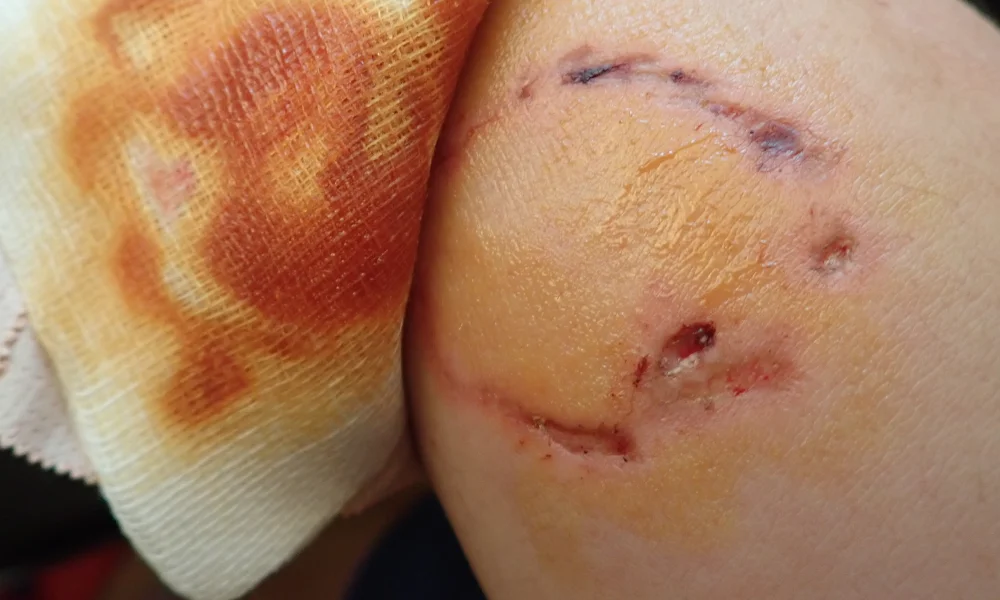
How to Protect Yourself Against Rabies from Dog Bites?
The best way to protect yourself against rabies is to stay away from stray animals as much as possible. If you have a pet dog at home, make sure that you get your dog vaccinated for rabies. Some vets recommend that dogs receive rabies boosters every year, but rabies vaccines remain effective for three years.
If you get bitten by a stray dog that is not vaccinated against rabies, then go to a hospital right away. It could be necessary to administer a post-exposure prophylactic rabies vaccination!
Final Remarks
Dog bites can be frightening, and if they're not treated, they can lead to bacterial infections, rabies, and tetanus infections. If you get bitten by a do, do not wait for symptoms of infections to show. Administer first aid for dog bites right away and take the victim to your nearest super-specialty hospital to prevent any further complications!
FAQs
1. What should I do immediately after a dog bite?
Clean the wound thoroughly with mild soap and water to reduce the risk of infection.
2. Should I apply pressure to a dog bite wound to stop bleeding?
Yes, apply gentle pressure with a clean cloth to control bleeding.
3. Can I use hydrogen peroxide on a dog bite wound?
It's best to avoid hydrogen peroxide as it can irritate the wound. Stick to mild soap and water.
4. When should I seek medical attention for a dog bite?
Seek immediate medical attention for severe bites, bites on the face or neck, or if the wound shows signs of infection.
5. How can I prevent infection in a dog bite wound?
Keep the wound clean, dry, and covered with a clean bandage. Avoid touching the wound unnecessarily.


